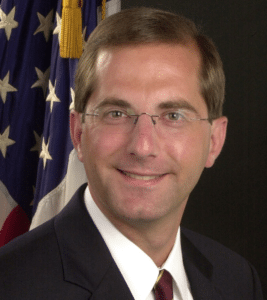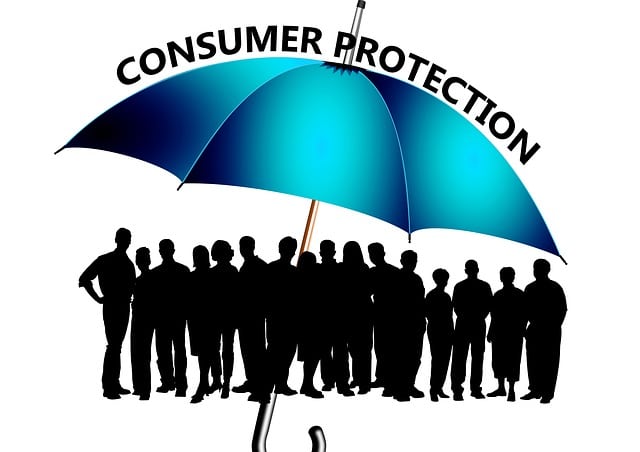by Barbara Nevins Taylor
I listen to audiobooks walking around, riding on the subway and when I’m in the car. I listen a lot. But it takes me a long time to find a book that will satisfy my need for a good story, good writing and a talented actor, or actors, whom I want in my head. My 7 favorite audiobooks from the past few months have staying power to jumpstart 2018 while we wait for a new crop of audiobooks in the new year.

Autumn by Ali Smith may be my favorite audiobook. It’s a beautifully written and narrated book about the relationship between a young girl and a neighbor who helps her learn how to think. When she grows up, she still thinks about him and that turns out to be important for them both. Narrator Melody Grove fills each character with dignity and depth that keeps you listening. The book was short-listed for The Man-Booker Prize in 2017.


If action and crime are more to your liking, IQ and Righteous, the sequel, in this new series by Joe Ide are all-American crime mysteries. Ide’s hero, and ours, is Isiah Quintabe, an African-American teenager in Long Beach, California. This giantly smart kid finds himself on his own after his brother, who’d been raising him, is mysteriously killed. He begins to investigate small crimes for neighbors, who initially pay him with baked goods and other humble offers and he gains the nickname I.Q. In the first book, he graduates quickly to the scary, and often hilarious, investigation of a crime involving a hip-hop star. Narrator Sullivan Jones gives a pitch-perfect performance to make both audiobooks interesting and fun listening. The crimes are serious. But you will laugh.

North Water, by Ian McGuire, takes the mystery thriller to another level. The brilliantly written 19th century adventure story takes you aboard a whaling ship that travels from England to near the Arctic Circle. The imperfect hero, Patrick Sumner, is an Irish-born doctor, a former British Army surgeon. Because he grew up Irish and poor, he becomes the fall guy for a slaughter that takes place while he serves in the British Army in India during the siege of Delhi. When he returns home to England, he can’t get a job. So he signs on to the whaler Volunteer and heads off with a cast of characters that includes an evil human being who commits more than one murder. Sumner feels compelled to uncover the murderer and does the dangerous detective work at great risk. The often cruel and savage story portrays the worst and the best of humanity. Narrator John Keating turns the book into a perfect movie for the mind.

Days Without End, by Sebastian Barry, also ranks right up there on my list of great listens. The beautiful descriptive writing sounds and feels like poetry, and narrator Aidan Kelly’s flawless performance makes the audiobook compulsive listening.
Thomas McNulty, the central character, tells the story of his tumble into the U.S., in the 19th century as a refugee from the famine in Irleand and mass graves in Canada. He meets another boy, John Cole, who becomes his life-long companion. “We were two wood shavings of humanity in a rough world,” Thomas says describing the teenagers as they look for work. A saloon owner hires Thomas dressed in a burlap sack, and John Cole, in a black suit, to wear dresses, look like girls and dance with miners. But the sweet idyl comes to an end when they outgrow their pretty looks at sixteen and seventeen. They find their way to the U.S. Cavalry to fight in the Indian Wars. Barry casually unspools the loving relationship between Thomas and John, and then the family they create with their adopted Sioux daughter as they move from the Cavalry to fight for the North in the Civil War and then to begin life anew. The sweeping history, filled with blood and gore and senseless revenge, makes you weep and smile and in the end you’re sorry to let it go.

Magpie Murders, by Anthony Horowitz, is a thriller within a thriller that keeps you listening. It begins as a conventional cozy British mystery with book editor Susan Ryeland trying to piece together the ending of a novel after a best-selling author, Alan Conway, dies. Narrators Samantha Bond and Allan Corduner take you on a nail-biting romp through London and the English countryside.

Smile, written and narrated by Roddy Doyle, gives you very little to smile about. The powerful novel puts you in the life of a middle-aged Irish man, Victor Forde, who as the story unfolds recalls and describes his abuse at the hands of a Christian brother and the affect on his life. Much of the telling occurs in a bar in Victor’s new neighborhood, where he is confronted by a man called Fitzpatrick, who claims to be a boy from his past and challenges and forces up the memories. The story takes place mostly in Victor’s mind. Doyle brilliantly keeps the tension in the book moving between memory and what feels like reality until you learn otherwise. The title comes from line in Victor’s childhood when a second Christian brother sets the boy up for ridicule: “Victor Forde, I can never resist your smile,” he said.
Crime lovers. My bonus audiobook recommended from earlier last year.

The Force, by Don Winslow and narrated by Dion Graham, takes you on a dark ride with cops in upper Manhattan. I couldn’t stop listening. It’s filled with twists and turns about cop corruption, racism, guns, drugs, the real dangers cops face, family and sex. It’s really good. Dion Graham’s performance is terrific and the cop talk sounds like the real thing.
And for additional recommendations try these.










 Has this gemstone been treated? If so, how?
Has this gemstone been treated? If so, how?


 Items that are between 85% and 94% platinum must be marked with the platinum content. Examples: 900Pt, 850Pt.
Items that are between 85% and 94% platinum must be marked with the platinum content. Examples: 900Pt, 850Pt.

































